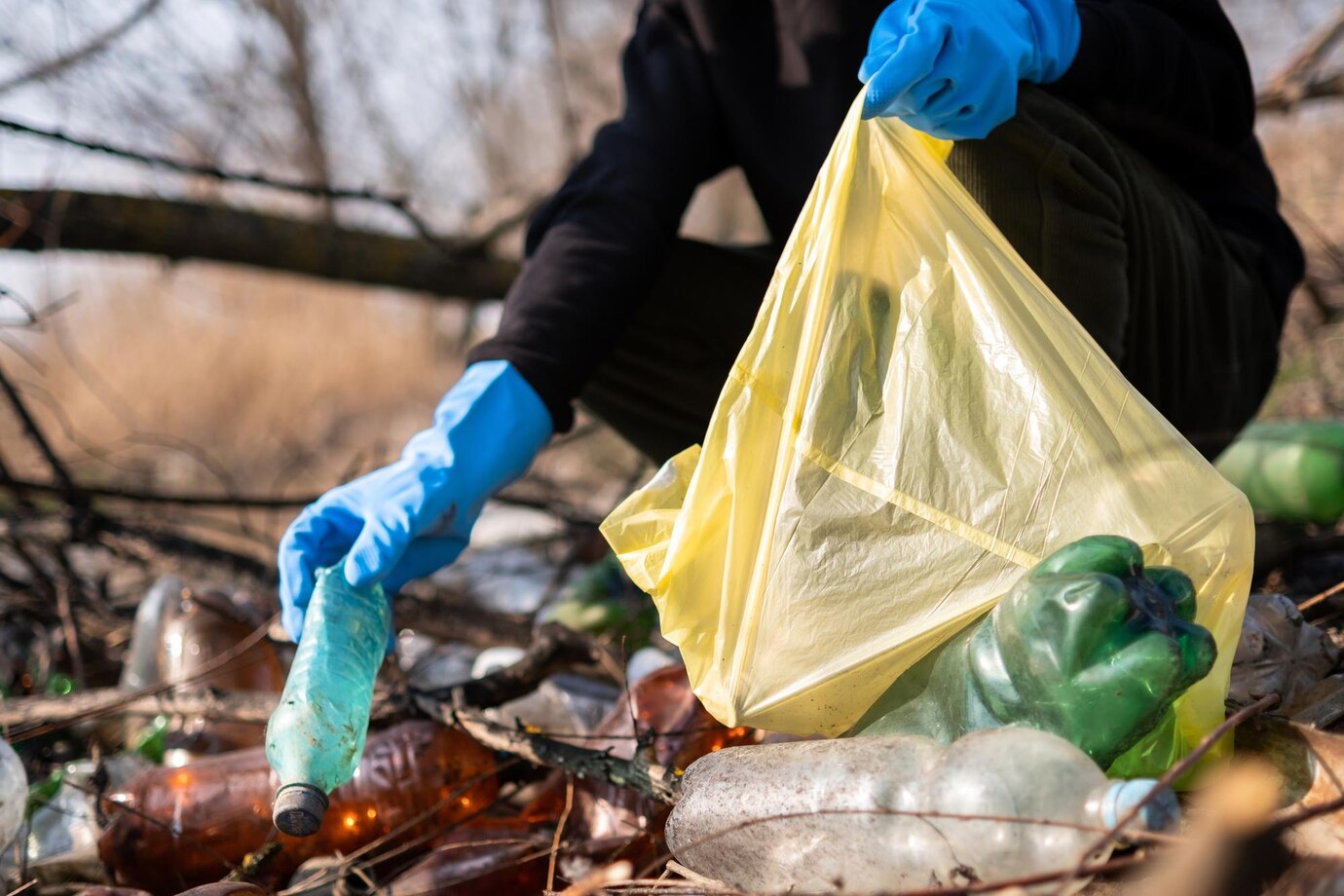Plastic pollution continues to pose a serious threat to Botswana’s environment and public health. From clogged waterways to the degradation of vital ecosystems, the unchecked use and improper disposal of plastic products remain a persistent issue. While policy interventions and cleanup campaigns have made some strides, a critical question remains: are we doing enough to change mindsets and habits across society, especially among the youth who will inherit this environmental crisis?
In Botswana, plastic waste is ubiquitous. Single-use plastics such as carrier bags, bottles, and packaging contribute significantly to littering in urban centres and rural landscapes alike. According to recent studies, only a small fraction of plastic waste is recycled, with the majority ending up in landfills or the natural environment. The health risks are also alarming. Burning plastic waste releases toxic fumes that can lead to respiratory problems, while microplastics are increasingly being detected in the food chain. These impacts underscore the urgency of finding sustainable solutions.
Children and young people are uniquely positioned to drive lasting behavioural change. Schools across Botswana have started incorporating environmental education into their curricula, fostering awareness from an early age. Through clean-up drives, recycling competitions, and creative arts projects, students are becoming vocal advocates for reducing plastic use. Youth-led initiatives like community workshops and social media campaigns are gaining traction, challenging older generations to rethink their consumption patterns. By empowering young people with knowledge and platforms to express their concerns, Botswana can cultivate a culture of environmental responsibility that transcends age groups.
Education remains a powerful tool in shaping mindsets. Integrating lessons on plastic pollution into science, geography, and civic education can equip students with both the facts and the motivation to take action. Furthermore, experiential learning—such as organising field trips to recycling centres or involving students in environmental monitoring projects—can deepen their understanding and commitment. Peer-to-peer education, where students teach each other about the importance of reducing plastic use, has also proven highly effective in fostering lasting change.
Historically, the private sector in Botswana has contributed to the plastic pollution crisis through the widespread production and distribution of single-use plastics. However, there is growing recognition that businesses must play a proactive role in the solution. Leading retailers and manufacturers can reduce their environmental footprint by eliminating unnecessary plastic packaging, offering reusable alternatives, and supporting recycling initiatives. Corporate sponsorship of school environmental programmes can further amplify youth engagement. Partnerships between businesses and local communities are also essential. By investing in sustainable waste management infrastructure and supporting public awareness campaigns, the private sector can demonstrate genuine commitment to addressing the issue.
Combating plastic pollution requires a multi-stakeholder approach. Government policies must continue to drive regulation and enforcement, while civil society advocates for greater transparency and accountability. Within this ecosystem, children and young people represent an often-underutilised force for change. By fostering partnerships between schools, community groups, and businesses, Botswana can create a collaborative movement that shifts societal norms around plastic use. The private sector, in particular, has a critical role to play—not just as funders, but as active participants in promoting sustainable practices.
The fight against plastic pollution in Botswana is far from over. While some progress has been made, achieving lasting change demands a deeper commitment to transforming behaviours and mindsets. Empowering the youth to lead this charge and enlisting the private sector as an ally can pave the way for a cleaner, healthier future. As we look ahead, the question remains: are we doing enough? The answer lies in how effectively we mobilise our collective will to act—before the next generation inherits an even greater challenge.










